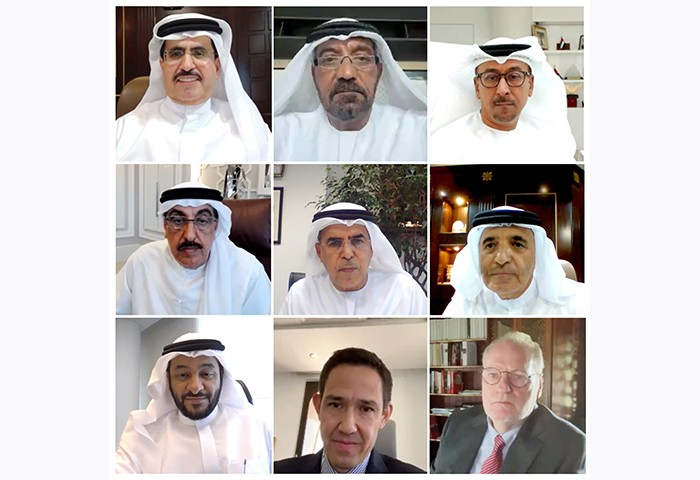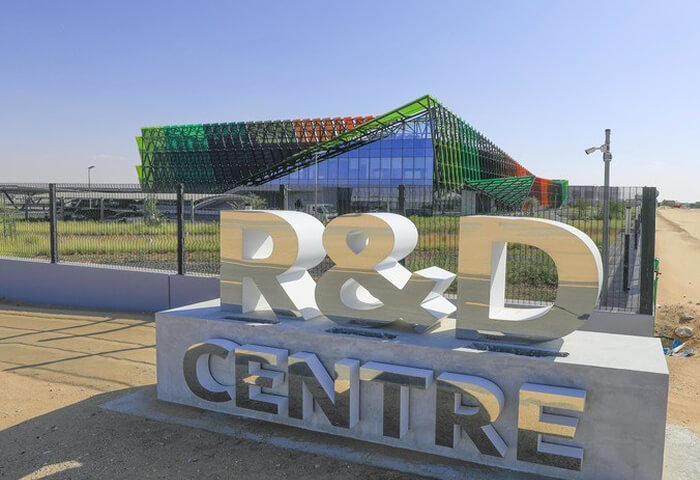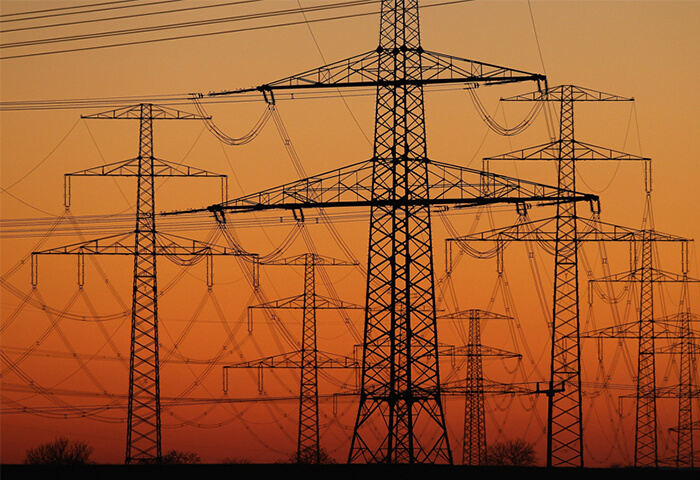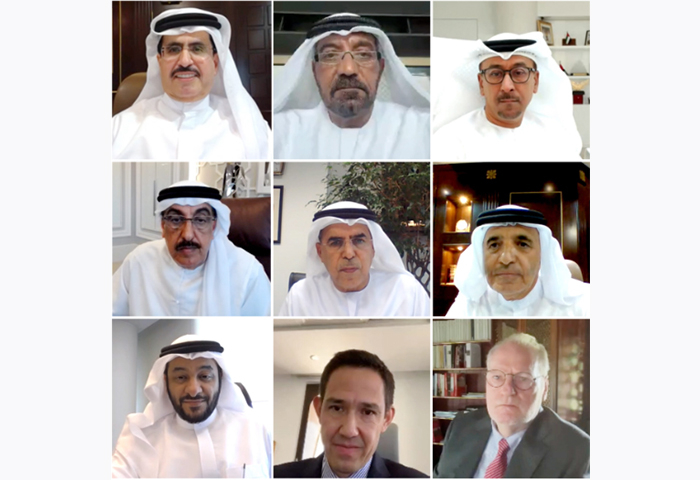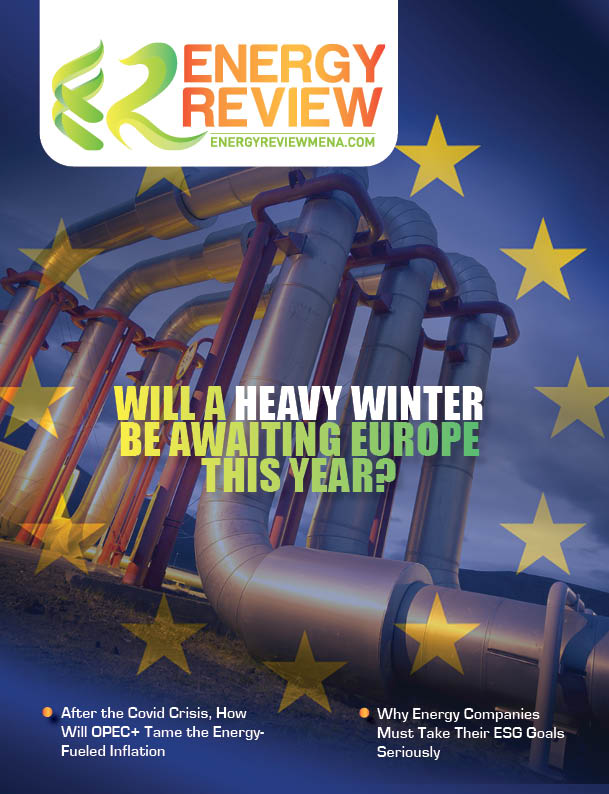Dubai’s carbon emissions dropped by 21% in 2021, reflecting the effectiveness of the Emirate’s programs and projects, including increasing the share of solar energy and enhancing the operational efficiency in factories and facilities, as revealed in the Dubai Supreme Council of Energy meeting. In 2018, Dubai recorded a reduction in its carbon emissions of 19%, surpassing the target set by the Carbon Abatement Strategy 2021 to reduce emissions by 16% in 2021. Waste recycling in power and water production, industry, ground transport and waste treatment also contributed to Dubai's reduction of CO2 emissions. The Supreme Council also discussed a plan submitted by Emirates Gas Company (an ENOC subsidiary) for the coming period to enhance current gas cylinders to advanced ones in terms of safety and reduced weight.
Clean energy projects such as Net Zero by 2050 Strategic Initiative, the Dubai Clean Energy Strategy 2050, the Dubai Net Zero Carbon Emissions Strategy 2050 aim to provide 100% of the total power production capacity from clean energy sources by 2050. Several other topics were discussed, including the results achieved by the Dubai Carbon Abatement Strategy 2030, which aims to reduce 30% of carbon emissions by the end of 2030.
Chaired by HH Sheikh Ahmed bin Saeed Al Maktoum, chairman of the Dubai Supreme Council of Energy, the 72nd meeting, held virtually, was attended by: HE Saeed Mohammed Al Tayer, vice chairman of the Dubai Supreme Council of Energy; HE Ahmed Buti Al Muhairbi, secretary-general of the Dubai Supreme Council of Energy; and board members HE Dawood Al Hajri, director general of Dubai Municipality; HE Abdulla bin Kalban, managing director of Emirates Global Aluminium (EGA); HE Saif Humaid Al Falasi, CEO of Emirates National Oil Company (ENOC); Juan-Pablo Freile, general manager of Dubai Petroleum; and Hussain Al Banna, acting CEO of the Strategy & Corporate Governance Sector at the Roads & Transport Authority (RTA). Also read: Balancing Decarbonization and Energy Security
“In line with the vision and directives of His Highness Sheikh Mohammed bin Rashid Al Maktoum, Vice President and Prime Minister of the UAE and Ruler of Dubai, to increase the share of clean and renewable energy, the meeting reviewed our roadmap and plans that include national initiatives and strategies to achieve net-zero carbon emissions and consolidate a low-carbon economy.
“The development and implementation of the existing program and projects had a positive and tangible impact, reflected in the carbon emission reduction rates over the past 10 years. This highlighted the efforts made by the relevant authorities that support a sustainable green economy and the UAE’s vision to achieve net-zero carbon emissions,” added Al Tayer.
“The current plan to shift to using the advanced cylinders ensures better efficiency and more safety for consumers. Emirates Gas has introduced 9,000 advanced cylinders that consumers in Dubai have been satisfied with over the past years,” noted HE Ahmed Buti Al Muhairbi.
The UAE has placed climate action at the center of its economic growth and diversification strategy, while contributing innovative and practical solutions to one of the world’s pressing challenges. The UAE has demonstrated this commitment as the first country in the region to sign and ratify the Paris Agreement and the first to commit to an economy-wide emissions reduction. Also read: Nuclear Power Makes a Comeback
Last year, the UAE launched the Net Zero by 2050 Strategic Initiative, which provides a roadmap for sustainable economic development through to the mid-century. At present, the UAE is working on updating its third Nationally Determined Contribution (NDC) – a climate action plan to reduce emissions and adapt to climate impacts – ahead of COP27 in line with the goals of the Glasgow pact.
Also read: Slow Transition Towards Renewables: Africa Is Not Alone
Also read: Renewables Can Save $160 Billion in Energy Costs for Southeast Asia by 2050, Says IRENA

